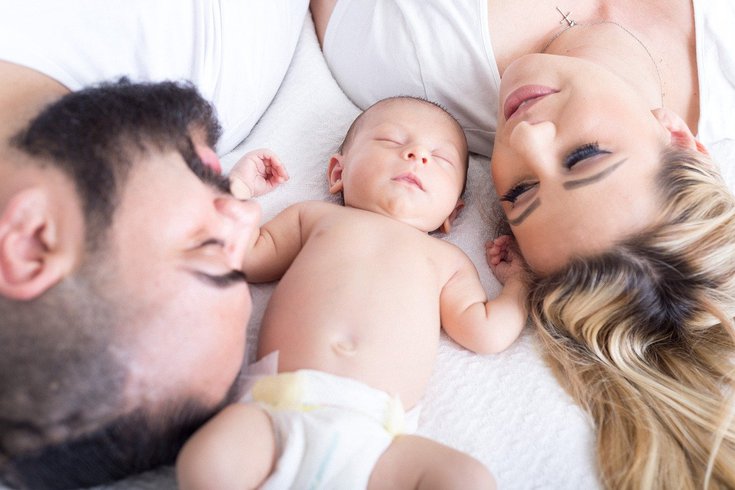
December 02, 2020
 Stephanie Pratt/Pixabay
Stephanie Pratt/Pixabay
A new study from McGill University published in Sleep Medicine took a look at the specific sleep patterns of 44 infants for two weeks. The researchers found that not only do sleeping patterns vary greatly baby-to-baby, but also night-to-night for the same baby.
Parents of newborns exhausted from months of late night feedings anxiously wait for that first time their bundle of joy sleeps through the night. Some have to wait longer for it than others.
Pediatricians often tell parents that babies are developmentally ready to sleep through the night by 6 months of age, but some research has shown that sleep consolidation is more of a process that can happen at different stages of development for individual babies rather than a milestone to be reached at a specific age.
Experts at Stanford Children's Health say that most babies don't start sleeping through the night (about 6 to 8 hours) until they are about 3 months old, or until they weigh 12 to 13 pounds. Additionally, only about two-thirds of babies are able to sleep through the night on a regular basis by age 6 months.
A new study from McGill University published in Sleep Medicine took a look at the specific sleep patterns of 44 infants for two weeks. Researchers found that not only do sleeping patterns vary greatly from baby-to-baby, but also night-to-night for the same baby.
When infants were 6 months old, their mothers were asked to complete an infant sleep diary over 13 nights to measure the longest period of uninterrupted sleep each night. Sleeping through the night was defined as 6 to 8 hours of uninterrupted sleep.
On average, mothers reported that their infant slept 6 hours consecutively for about 5 nights out of 13. Nine infants (20.5%) never slept 6 hours consecutively, and only three met the criterion every night. In all, about 72.7% of the infants showed high variability between nights.
The mothers also reported that their infant on average slept 8 hours consecutively for about 3 nights out of 13. Half of the infants, however, never achieved that milestone. Only one infant slept for 8 hours consecutively every night.
Breastfeeding and co-sleeping were associated with more variability in nightly sleep patterns. Researchers pointed out, though, that mothers who breastfeed and co-sleep are also more likely to be observing their baby's awakenings during the night. Additionally, these awakenings might not necessarily be problematic.
"Parents are often exposed to a lot of contradictory information about infant sleep. They shouldn't worry if their baby doesn't sleep through the night at a specific age because sleep patterns differ a lot in infancy," Marie-Helene Pennestri, assistant professor in the Department of Educational and Counselling Psychology at McGill University and researcher at the Hopital en sante mentale Riviere-des-Prairies said.
Pennestri also reminded parents and clinicians that occasional sleeping through the night often comes before full consolidation of the behavior.
"One important piece of the puzzle is understanding parents' perceptions and expectations of infant sleep. In future research, we hope to explore what 'sleeping through the night' really means to them," she said.